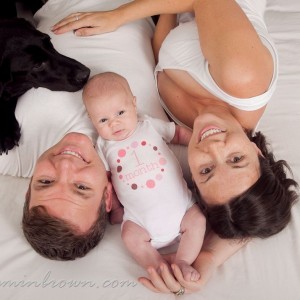 This week I talk to Tasmin, an American who had her baby daughter in Australia as part of the series The Global Differences of Baby-Making. She talks about the benefits of being raised as a dual citizen, the challenge of getting affordable baby stuff and the importance of getting professional baby photo’s done. Here is her story:
This week I talk to Tasmin, an American who had her baby daughter in Australia as part of the series The Global Differences of Baby-Making. She talks about the benefits of being raised as a dual citizen, the challenge of getting affordable baby stuff and the importance of getting professional baby photo’s done. Here is her story:
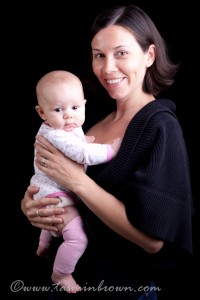
Tell me a bit about yourself? Where are you from? How old is your daughter and where did you have her?
I’m Tasmin and I grew up in Texas, but my dad is from New Zealand so I was raised a little cross culturally (eating lamb, loving to travel). I had visited family in Sydney before and always wanted to live here since it is a big city, but clean with heaps of friendly people and things to do on beautiful beaches. I married another American and we moved around the U.S. a bit after University (where we met studying abroad in New Zealand) and I finally convinced him to sell everything and hop on a plane to Sydney 4 years ago. My daughter is four months old and she was born here.
Why did you have your daughter abroad?
Being raised as a dual citizen allowed me lots of opportunities like studying abroad at a non-international tuition cost in New Zealand, sometimes travelling under the radar in developing nations, and being able to live abroad in Commonwealth countries without prolonged visa applications. I’ve always wanted my children to have those same opportunities. Growing up in a small Texas town it made me feel special to have a connection to another country since so many of the people around me didn’t even have passports. I think it gave me more of an open view of the world and its possibilities from a young age.
 What do you feel were the benefits to having children abroad?
What do you feel were the benefits to having children abroad?
The U.S. has a certain way of doing things, and when it comes to birthing and raising babies, it’s not usually my personal preference. Australia is very family friendly and the work arrangements especially appealed to me. It is very common, if not expected, that you will take a full year off for each child. Provided you return within 52 weeks, you have full job security at the same position with the same pay. In addition to your employer’s leave payment (averaging 8-12 weeks full pay), you also get 18 weeks paid from the government at minimum wage (replacing the old baby bonus scheme this year). It means you do not derail your career by spending the first year of their life with your child full time.
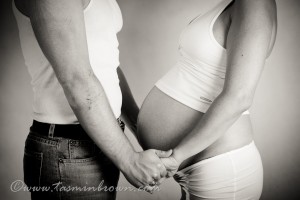
Pregnant Tasmin
As an expectant mother abroad how did you feel?
I was just fine. To be fair, I had been here for 3 years before getting pregnant, so we had established a solid network of friends, plus I have cousins that live in town along with other extended family in New Zealand.
Our parents back in the U.S. of course would have liked to be more a part of it all, but Facebook status updates daily, photo posts, and Skype calls weekly have made staying in touch very easy.
Getting a hold of quality, inexpensive baby items has been really challenging since Australia is such a small place. We have been getting most of our essentials from Amazon, sent to parents’ houses, consolidated and then mailed over to us in care packages. Not ideal, but saves us ridiculous amounts of money.
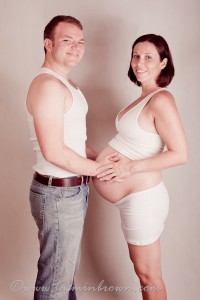 Did you encounter any opinions that would have been different in your home country with regards to your pregnancy or parenting choices?
Did you encounter any opinions that would have been different in your home country with regards to your pregnancy or parenting choices?Prior to getting pregnant, I would not have considered myself ‘crunchy’ but as I researched my options for everything on childbirth to child rearing, I kept leaning that way with my preferences. Australia generally advocates everything that it part of my parenting philosophy, in contrast with the U.S.. Not to say you can’t fight for it there, but you would have to.
Here we have public and private hospital options and it was confusing for me to sort out, but I opted to go public through Midwifery group care. It was great because I saw one midwife for all my prenatal appointments (if any issues had showed up making me high-risk I would have automatically seen an OB as well). She was also part of a small team of awesome midwives who would be there when I actually delivered the baby. The rooms all had big tubs if you wanted a waterbirth, along with all sorts of other things (ball, mat) for the active birthing they advocated. They tried to keep you on a natural, intervention-free path if possible, but of course if you wanted an epidural, etc. it was available. Since the birthing centre was within the hospital, any emergency situations could be immediately dealt with. And it was all free.
The hospitals are also “baby friendly” in that they do not take a healthy baby away from you, they are not put in a nursery, never given formula unless that is something you have chosen (then you have to mix it yourself), and they don’t advocate pacifiers at the beginning as they can interfere with establishing breastfeeding.
Here it is expected that you will breastfeed for a year. There is a lot of support in the hospital to get you going in the right direction, there are lactation nurses available at the early childhood centres twice a week for drop in help (they will watch you and show you how to improve your issue whatever it might be), and the Australian Breastfeeding Association has a 24hr hotline you can ring along with weekly meetings and coffee mornings with related discussion topics. Inevitably there are some people who cannot or will not breastfeed, but formula use is definitely frowned upon.
There is great Community support as well. After I left the hospital a midwife visited me 3 times over the next week to help me settle in, answer questions about bathing, pumping, whatever. Then there is the Early Childhood centre who you have your well-baby appointments with for 4wks (they come to the house), 8wks, 3mths…etc. You can attend an organised mothers group for the first 8 weeks hosted there, and then branch out and organise yourselves. This has been one of the best things for me – weekly lunches with other women who have babies the exact same age to compare notes and commiserate. It’s a fantastic support network especially for first time mums. Karitane and Tresillian are also great non-profit organisations of nurses who answer a 24hr hotline on behavioural/sleep issues and you can be referred to them for day or week stays where the nurses actually show you how to fix an issue. It’s mostly free as well.
What advice would you give other mothers in your situation?
Decide what you would like and find a carer that shares that philosophy, then as things unfold on the day of your birth, trust their recommendations. It will never go as planned and you need to be flexible for your own safety and the health of your baby while still feeling engaged and empowered. Really take advantage of the resources available to you whether they are hotlines to ask questions or mothers groups. It helps you stay connected (not isolated in a foreign country with a screaming new baby) and realise what is normal and what is not so you can seek out help. And take lots of pictures of the baby for your family back “home” including a proper family portrait session – you won’t regret it.
******
Want to share your story? Get in touch: ameena@mummyinprovence.com

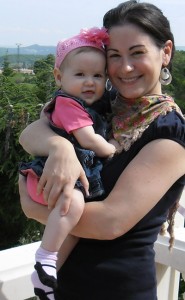 Tell me a bit about yourself? Where are you from? How old is your daughter and where did you have her?
Tell me a bit about yourself? Where are you from? How old is your daughter and where did you have her?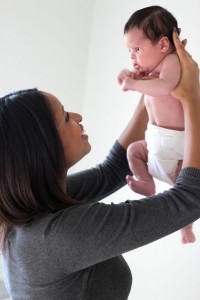
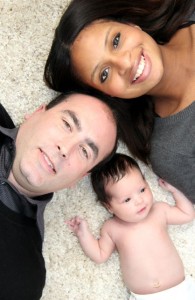 As an expectant mother abroad how did you feel?
As an expectant mother abroad how did you feel?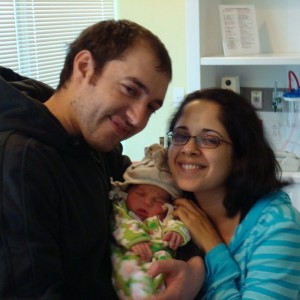 Tell me a bit about yourself? Where are you from? How old is your daughter and where did you have her?
Tell me a bit about yourself? Where are you from? How old is your daughter and where did you have her?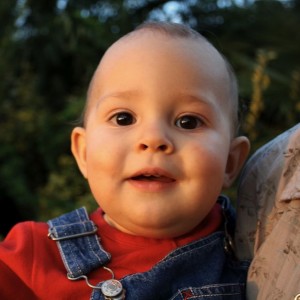 Tell me a bit about yourself? Where are you from? How old are your children and where did you have them?
Tell me a bit about yourself? Where are you from? How old are your children and where did you have them?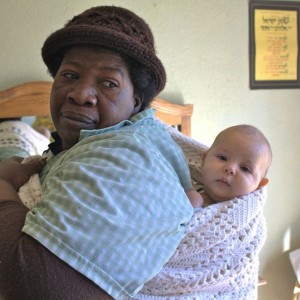 As an expectant mother abroad how did you feel?
As an expectant mother abroad how did you feel?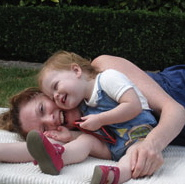
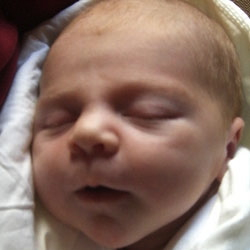 Did you encounter any opinions that would have been different in your home country with regards to your pregnancy or parenting choices?
Did you encounter any opinions that would have been different in your home country with regards to your pregnancy or parenting choices?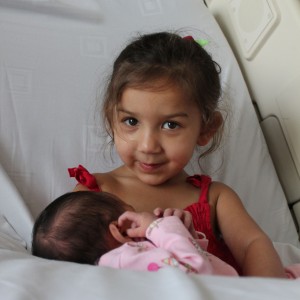
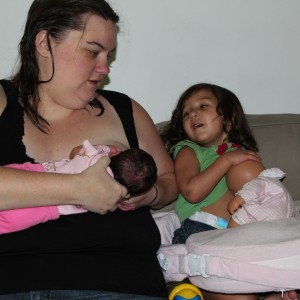 Did you encounter any opinions that would have been different in your home country with regards to your pregnancy or parenting choices?
Did you encounter any opinions that would have been different in your home country with regards to your pregnancy or parenting choices?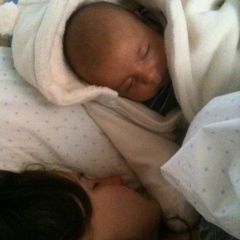
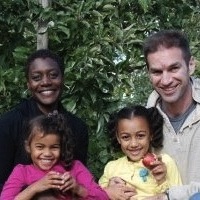 This week I talk to Monique who is American. She shares her experience of having both her daughters in Holland as part of the series
This week I talk to Monique who is American. She shares her experience of having both her daughters in Holland as part of the series 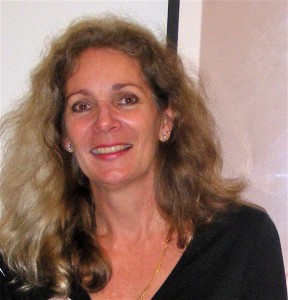 This week I talk to Apple who is TCK and eternal expat. She shares her experience of having a baby in Holland, and another in Thailand as part of the series
This week I talk to Apple who is TCK and eternal expat. She shares her experience of having a baby in Holland, and another in Thailand as part of the series